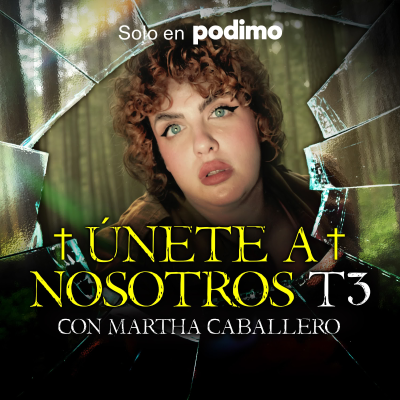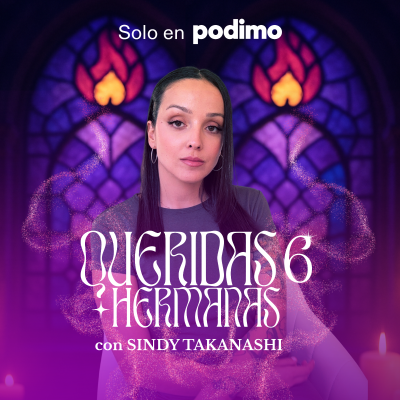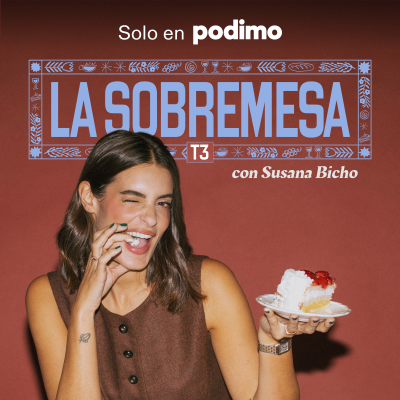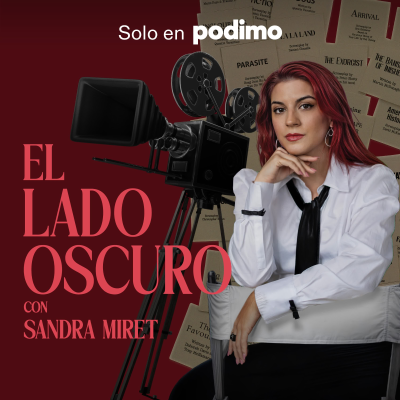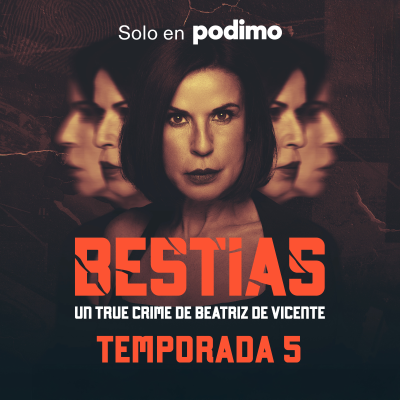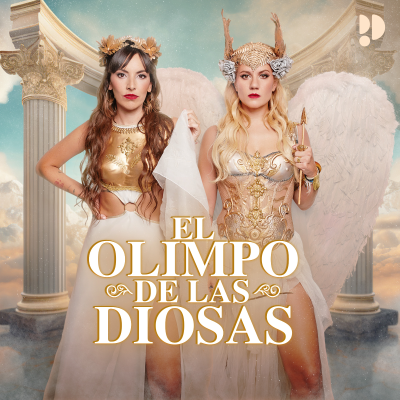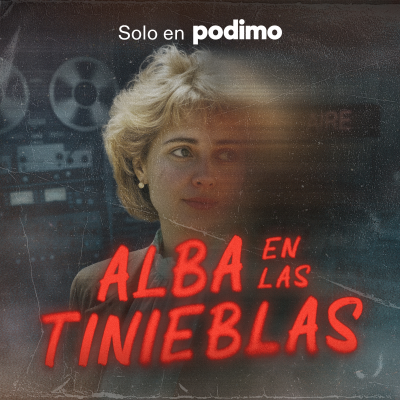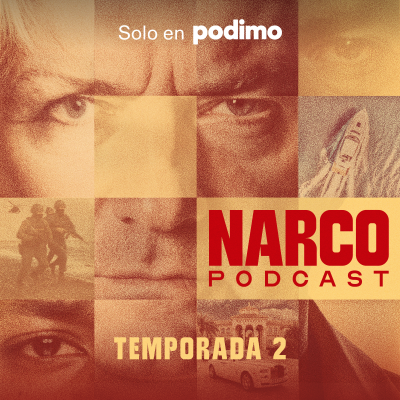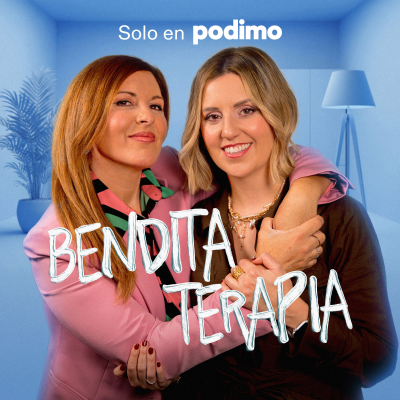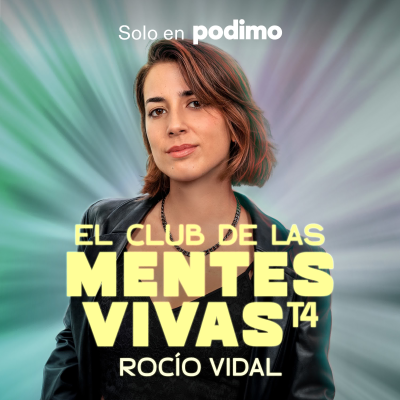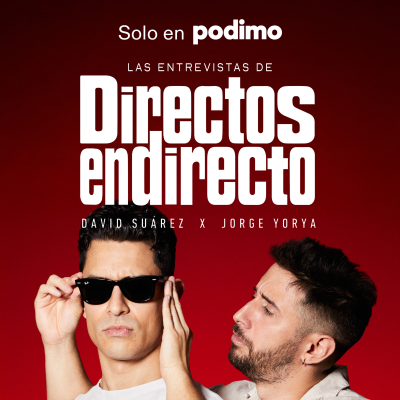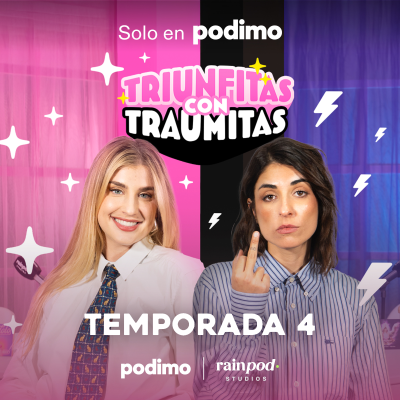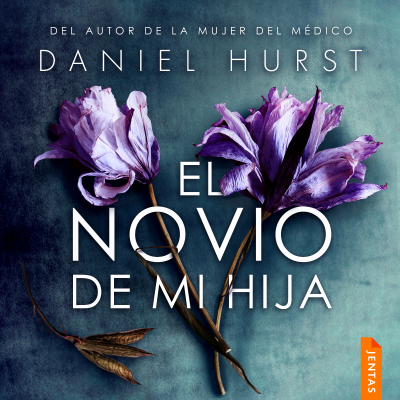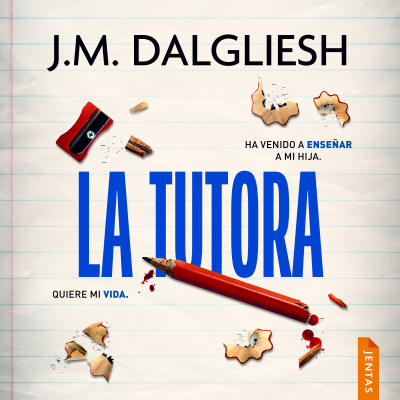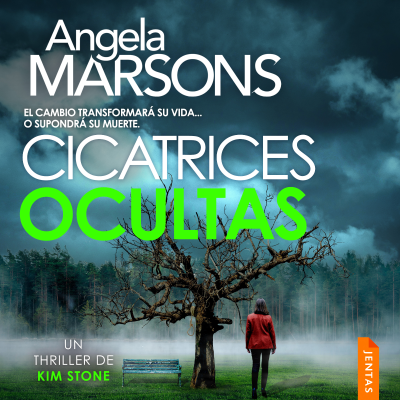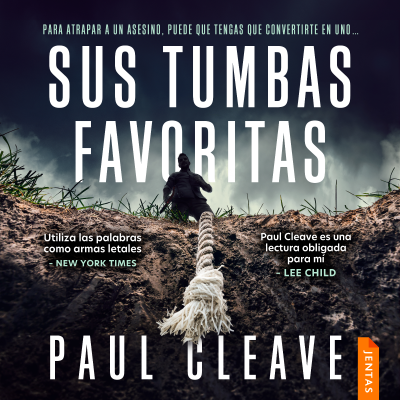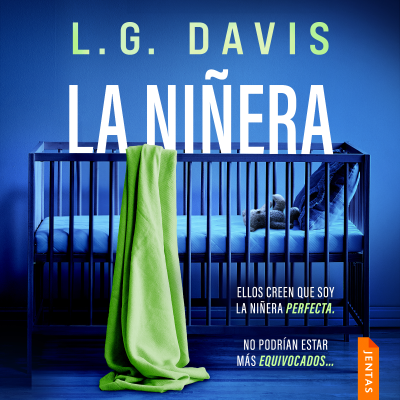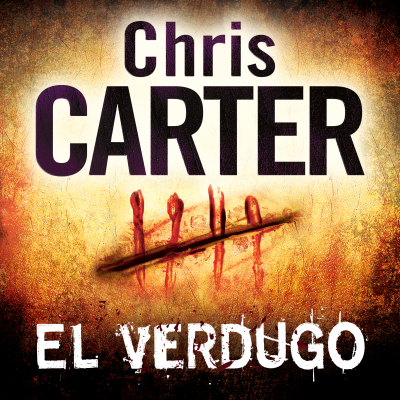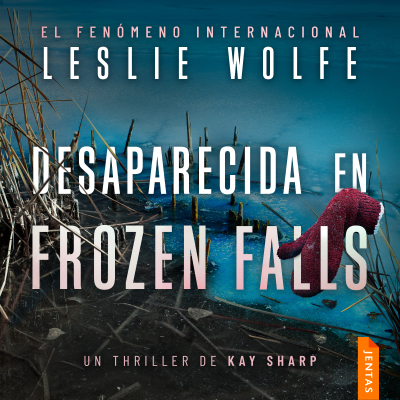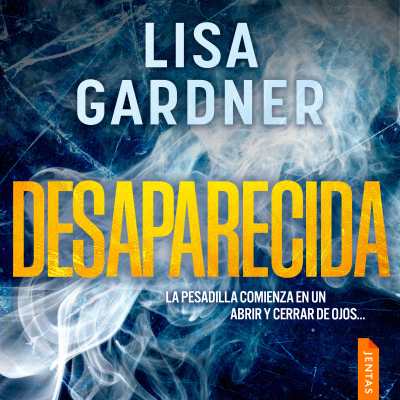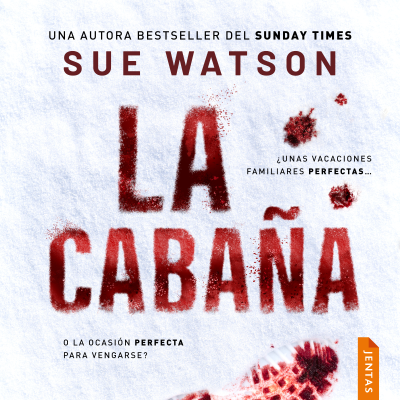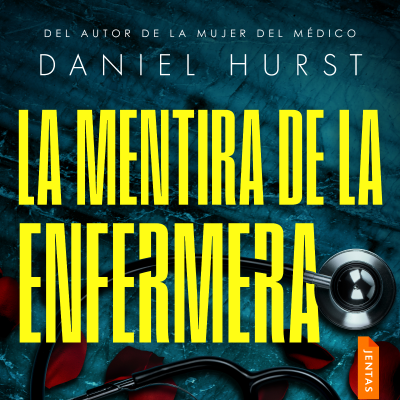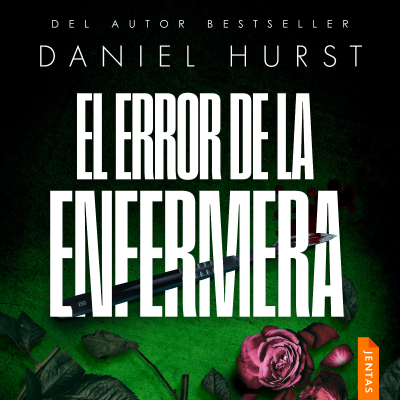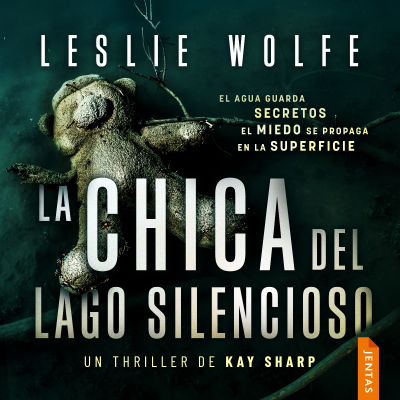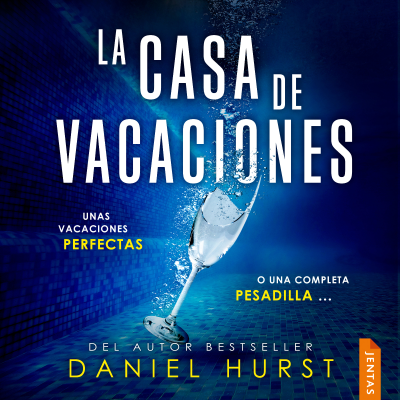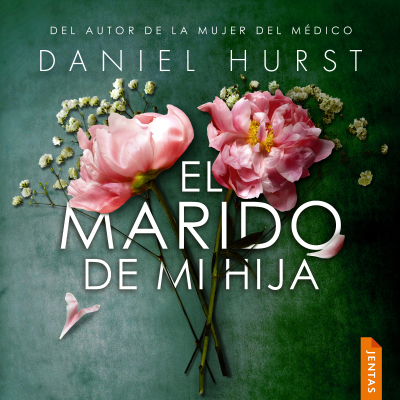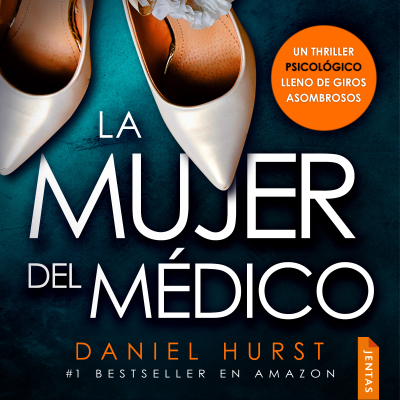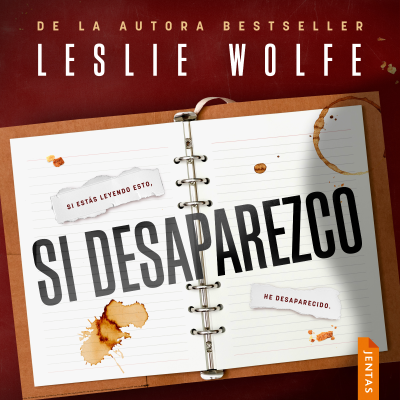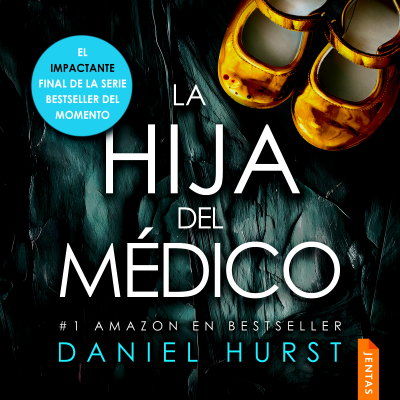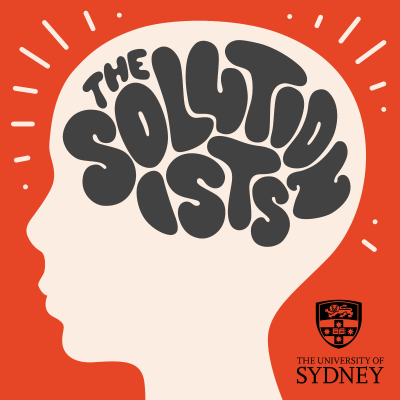
The Solutionists, with Mark Scott
inglés
Tecnología y ciencia
Oferta limitada
2 meses por 1 €
Después 4,99 € / mesCancela cuando quieras.
- 20 horas de audiolibros / mes
- Podcasts solo en Podimo
- Podcast gratuitos
Acerca de The Solutionists, with Mark Scott
Big challenges need big solutions. Meet the minds making it happen. Join Mark Scott, Vice-Chancellor and President of the University of Sydney, and get ready to view the world from a different perspective. From our own wellbeing to the preservation of the planet, The Solutionists dives into the most pressing issues of our time and introduces you to the people unearthing the seeds of remarkable solutions. You'll discover a world of progress and possibility. +++ The Solutionists is a podcast from The University of Sydney, produced by Deadset Studios. This podcast was recorded on the land of the Gadigal people of the Eora nation. For thousands of years, across innumerable generations, knowledge has been taught, shared and exchanged here. We pay respect to elders past and present and extend that respect to all Aboriginal and Torres Strait Islander people.
Todos los episodios
34 episodiosDo high-impact sports damage our brains?
Whether it’s watching your kids play their local club fixtures or gathering around the telly for the grand final, sport brings Australians together more than almost anything else. But there’s a hidden – and potentially deadly – cost. Lydia loves Aussie Rules football, but she was forced to retire from the sport before turning 30. After a series of head knocks, the risk of another is too high, and managing the symptoms of her injuries is a daily struggle. Associate Professor Michael Buckland studies the brain, and through the Australian Sports Brain Bank, he examines the brains of athletes who’ve passed away. He’s worried by just how many brains come into the bank and are revealed to have CTE, or chronic traumatic encephalopathy. It’s a degenerative brain disease caused by repeated head impacts over a long period of time. In other words, the kind of thing that might happen if you’ve been playing collision sports since you were a kid. Michael explains how our understanding of CTE has changed in recent years, its causes, and most importantly, how we can mitigate the risk of CTE for all athletes, of all ages. NOTE: This episode contains a reference to suicide. If you need support, please contact Lifeline [https://www.lifeline.org.au/] on 13 11 44 or Beyond Blue [https://www.beyondblue.org.au/] on 1300 224 636. For listeners outside Australia, please seek services in your region. +++ The Solutionists is podcast from the University of Sydney, produced by Deadset Studios [https://www.deadsetstudios.com/]. Keep up to date with The Solutionists by following @sydney_uni on Twitter [https://twitter.com/Sydney_Uni?ref_src=twsrc%5egoogle|twcamp%5eserp|twgr%5eauthor], Facebook [https://www.facebook.com/sydneyuni/], and Instagram [https://www.instagram.com/sydney_uni/?hl=en]. This episode was produced by Liam Riordan with sound design by Jeremy Wilmot. Supervising producer is Sarah Dabro. Executive editors are Kellie Riordan, Jen Peterson-Ward, and Mark Scott. Strategist is Ann Chesterman. This podcast was recorded on the land of the Gadigal people of the Eora nation. For thousands of years, across innumerable generations, knowledge has been taught, shared and exchanged here. We pay respect to elders past and present and extend that respect to all Aboriginal and Torres Strait Islander people. See omnystudio.com/listener [https://omnystudio.com/listener] for privacy information.
What happens when you send a child to jail?
When Professor Jioji Ravulo speaks at conferences overseas, he knows one piece of information about his work will shock just about everyone. He tells them that in some parts of Australia, children as young as 10 years old can be charged as adults for particular crimes. As predicted, jaws drop. Meanwhile, some politicians insist that Australia needs to be even tougher on youth crime, despite the evidence Jioji and his peers have been seeing for years. Jioji says the punitive approach we currently use in Australia doesn’t just fail to ensure public safety, it actually hurts children. Jioji advocates for a youth justice model that instead looks at the whole context of a young person who’s committed a crime, and prioritises rehabilitation. Taleigha, a Burapai First Nations woman, shares her experience in the juvenile justice system. She offers a personal perspective on how the current legal framework can fail children and affect entire communities, showing the human side behind the statistics and research. +++ The Solutionists is podcast from the University of Sydney, produced by Deadset Studios. Keep up to date with The Solutionists by following @sydney_uni on Facebook [https://www.facebook.com/sydneyuni/] and Instagram [https://www.instagram.com/sydney_uni/?hl=en], and @sydney.edu.au on Bluesky [https://bsky.app/profile/sydney.edu.au]. This episode was produced by Liam Riordan with sound design by Jeremy Wilmot. Supervising producer is Sarah Dabro. Executive editors are Kellie Riordan, Jen Peterson-Ward, and Mark Scott. Strategist is Ann Chesterman. This podcast was recorded on the land of the Gadigal people of the Eora nation. For thousands of years, across innumerable generations, knowledge has been taught, shared and exchanged here. We pay respect to Elders past and present and extend that respect to all Aboriginal and Torres Strait Islander people. See omnystudio.com/listener [https://omnystudio.com/listener] for privacy information.
Could a text message save you from a heart attack?
Cardiovascular disease is one of the leading causes of death worldwide – thankfully, we’re getting better at treating it, and more people than ever are surviving major events like heart attacks. But it’s a double-edged sword: with more people living for longer with cardiovascular disease, our hospital system is overburdened. Cardiologist Dr Clara Chow says this imbalance is only going to get worse, because the rate of new cardiologists and other health professionals won’t match the rate of patients visiting hospitals. So, what do we do? Clara is committed to finding frugal solutions for problems like these: efficient, cost-effective approaches that could have massive impact. One example is text messages. That’s right – a good old SMS could be the key to recovering from a heart attack... +++ The Solutionists is podcast from the University of Sydney, produced by Deadset Studios [https://deadsetstudios.com/]. Keep up to date with The Solutionists by following @sydney_uni on Facebook [https://www.facebook.com/sydneyuni/] and Instagram [https://www.instagram.com/sydney_uni/?hl=en], and @sydney.edu.au on Bluesky [https://bsky.app/profile/sydney.edu.au]. This episode was produced by Liam Riordan with sound design by Jeremy Wilmot. Supervising producer is Sarah Dabro. Executive editors are Kellie Riordan, Jen Peterson-Ward, and Mark Scott. Strategist is Ann Chesterman. This podcast was recorded on the land of the Gadigal people of the Eora nation. For thousands of years, across innumerable generations, knowledge has been taught, shared and exchanged here. We pay respect to elders past and present and extend that respect to all Aboriginal and Torres Strait Islander people. See omnystudio.com/listener [https://omnystudio.com/listener] for privacy information.
Reset your body clock – how light affects your mood everyday
Our bodies have an innate ability to tell the time – it evolved so that we were inclined to rest when it was safe, and were keener on travelling or hunting and gathering when food was plentiful. The sun and our body’s ability to perceive its light kept our internal clocks ticking along consistently. But today, many of us spend most of our days indoors, and much of our nights in artificial light. We’ve confused our internal clocks, and that can wreak havoc on our bodies and minds. Dr Jacob Crouse is on a mission to improve the lives of people living with depressive and bipolar disorders – and it turns out light may be one of the keys to fulfilling that mission. Jake explains why people affected by bipolar disorder tend to have more disrupted ‘circadian rhythms,’ and what his research reveals about everybody’s need for the right light at the right time. +++ The Solutionists is podcast from the University of Sydney, produced by Deadset Studios [https://deadsetstudios.com/]. Keep up to date with The Solutionists by following @sydney_uni on Facebook [https://www.facebook.com/sydneyuni/] and Instagram [https://www.instagram.com/sydney_uni/?hl=en], and @sydney.edu.au on Bluesky [https://bsky.app/profile/sydney.edu.au]. This episode was produced by Liam Riordan with sound design by Jeremy Wilmot. Supervising producer is Sarah Dabro. Executive editors are Kellie Riordan, Jen Peterson-Ward, and Mark Scott. Strategist is Ann Chesterman. This podcast was recorded on the land of the Gadigal people of the Eora nation. For thousands of years, across innumerable generations, knowledge has been taught, shared and exchanged here. We pay respect to elders past and present and extend that respect to all Aboriginal and Torres Strait Islander people. See omnystudio.com/listener [https://omnystudio.com/listener] for privacy information.
Can robots save Australia’s agriculture industry?
Growing food is one of our most fundamental human activities, and it’s the core puzzle underlying our societies. As more people are freed up from farm work, our societies grow and we need yet more food. Today, that tricky equation also includes robots. Australia faces a labour shortage in the agriculture sector for a variety of reasons, and the already razor-thin margins on many farms are only growing sharper. Enter: AI, sensor drones, self-driving tractors and a whole host of other high-tech tools. But are they too costly for smaller farms? What happens when a multi-tonne robot dies in the field? And what kind of workers will these robotic farms of the future need to run smoothly? Professor Salah Sukkarieh, the Professor of Robotics and Intelligent Systems, has been at the forefront of robotics for twenty years. His own machines have been used on Australian farms, and his sights are also set internationally, where he hopes powerful machines will help self-subsistence farmers keep up. He explains what’s happening on Aussie farms already, how farm owners are managing the tech transition, and shines some light on the advancements to come. +++ The Solutionists is podcast from the University of Sydney, produced by Deadset Studios [https://www.deadsetstudios.com/]. Keep up to date with The Solutionists by following @sydney_uni Facebook [https://www.facebook.com/sydneyuni/], and Instagram [https://www.instagram.com/sydney_uni/?hl=en]. This episode was produced by Liam Riordan with sound design by Jeremy Wilmot. Supervising producer is Sarah Dabro. Executive editors are Kellie Riordan, Jen Peterson-Ward, and Mark Scott. Strategist is Ann Chesterman. This podcast was recorded on the land of the Gadigal people of the Eora nation. For thousands of years, across innumerable generations, knowledge has been taught, shared and exchanged here. We pay respect to elders past and present and extend that respect to all Aboriginal and Torres Strait Islander people. See omnystudio.com/listener [https://omnystudio.com/listener] for privacy information.
Elige tu suscripción
Oferta limitada
Premium
20 horas de audiolibros
Podcasts solo en Podimo
Podcast gratuitos
Cancela cuando quieras
2 meses por 1 €
Después 4,99 € / mes
Premium Plus
100 horas de audiolibros
Podcasts solo en Podimo
Podcast gratuitos
Cancela cuando quieras
Disfruta 30 días gratis
Después 9,99 € / mes
2 meses por 1 €. Después 4,99 € / mes. Cancela cuando quieras.
